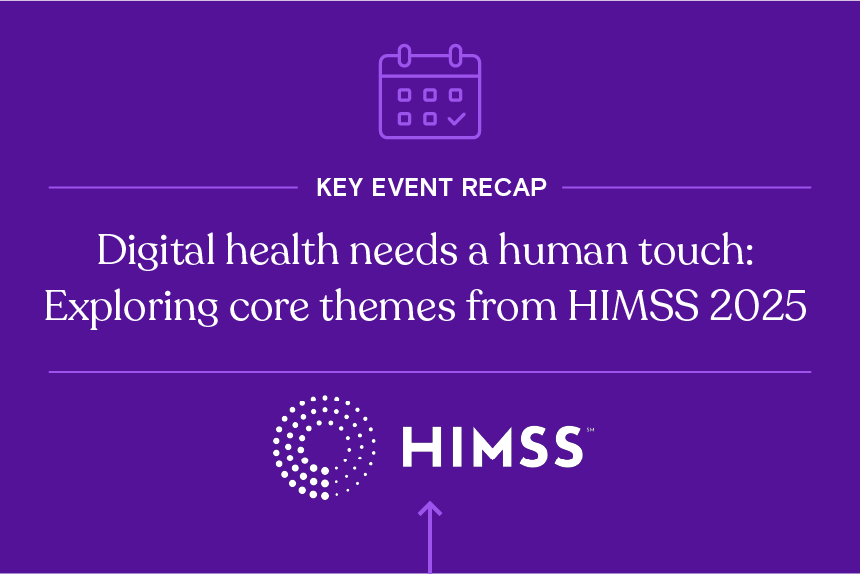Federally Qualified Health Centers (FQHCs) are essential community clinics that provide comprehensive primary and preventive care to individuals in underserved and rural areas. FQHCs must accept all patients, regardless of a patient’s ability to pay or health insurance status. Also known as Community/Migrant Health Centers (C/MHCs), Community Health Centers (CHCs), and 330 Funded Clinics, these centers play a crucial role in the healthcare safety net in the U.S.
FQHCs were established under Section 330 of the Public Health Service Act (PHS) and receive enhanced reimbursement rates from the Centers for Medicare and Medicaid Services (CMS). This financial support allows them to deliver a wide range of services, from medical and dental care to mental health and substance abuse treatment, addressing the diverse needs of the communities they serve.
What are the types of FQHCs?
- Federally Qualified Health Center (FQHC): An FQHC is a health center that receives a Section 330 grant from the Health Resources & Services Administration (HRSA). Upon receiving the grant, the health center is designated as an FQHC.
- Federally Qualified Health Center Look-Alike: An FQHC Look-Alike meets all the requirements of an FQHC but does not receive a Section 330 grant. Despite not receiving this federal funding, FQHC Look-Alikes are eligible for some benefits, such as enhanced reimbursement from Medicare and Medicaid.
- Federally Qualified Health Center Service Site: An FQHC Service Site is a specific location where services are provided under the auspices of a designated FQHC. These sites operate as part of the larger FQHC network and adhere to the same standards and requirements.
- Federally Qualified Health Center Look-Alike Service Site: An FQHC Look-Alike Service Site operates under the management of an FQHC or an FQHC Look-Alike. These sites may be designated as Look-Alike due to their addition after the issuance of current year grant funding or because the administrative parent is an FQHC Look-Alike that did not receive Section 330 funding.
How many FQHCs are there in the U.S.?
There are approximately 1,400 FQHCs in the U.S., but FQHC Look-Alikes and service sites bring that number to more than 19,000. Among all FQHCs, Federally Qualified Health Center Service Sites have the most locations in the U.S., with more than 17,000, followed by FQHC Look-Alike Service Sites (591) and FQHC Look-Alikes (149). These centers provide vital healthcare services in urban, rural, and underserved areas across the country.
| Type of FQHC | # of FQHC in U.S. |
| Federally Qualified Health Centers | 1,383 |
| Federally Qualified Health Center Look-Alikes | 149 |
| Federally Qualified Health Center Service Sites | 17,566 |
| Federally Qualified Health Center Look-Alike Service Sites | 591 |
| Total | 19,689 |
Fig. 1 Data is from the Definitive Healthcare ClinicView product. Data is accurate as of July 2024
What are federally qualified health center requirements?
To be a qualified entity in the federal health center program, an organization must:
- Offer services to all, regardless of the person’s ability to pay
- Establish a sliding fee discount program
- Be a nonprofit or public organization
- Be community-based, with the majority of its governing board of directors composed of patients
- Serve a medically underserved area or population
- Provide comprehensive primary care services
- Have an ongoing quality assurance program
These health centers provide a comprehensive set of health services, including behavioral health, primary care, chronic care management, preventive care, and other services, such as radiology, laboratory services, dental, transportation, translation, and social services.
Which populations seek care at FQHCs most often?
According to the HRSA, 1 in 11 people across the U.S. rely on FQHCs for care. About 90% of these patients had income less than 200% of the federal poverty level. HRSA-funded health centers serve:
- Low-income individuals and families: Many FQHC patients are uninsured or underinsured individuals who may not afford healthcare services elsewhere. Many are Medicaid or Medicare patients.
- Medically underserved populations: This includes racial and ethnic minorities, immigrants, and individuals living in rural or remote areas with limited access to healthcare facilities.
- Unhouse individuals: FQHCs often provide healthcare services to homeless populations who may not have regular access to healthcare.
- Farmworkers: Agricultural workers, who often face challenges accessing healthcare due to their work conditions and mobility, frequently seek care at FQHCs.
- Residents of public housing: Individuals living in public housing developments often rely on FQHCs for primary care services.
- Migrant workers: Temporary or seasonal workers, such as migrant farm workers, also access FQHCs for their healthcare needs.
Overall, FQHCs play a critical role in ensuring healthcare access for these vulnerable populations across the United States.
Although FQHCs are essential in healthcare, they still face some challenges. Due to the large volume of patients these clinics serve, wait times for an appointment can be lengthy. In addition, FQHCs often experience provider turnover, which can disrupt continuity of care for patients who rely on consistent medical treatment.
Despite these challenges, FQHCs remain crucial in providing equitable care to medically underserved populations. They play a significant role in bridging gaps in healthcare access and addressing the needs of vulnerable communities across the United States.
Learn more
Healthcare Insights are developed with healthcare commercial intelligence from the Definitive Healthcare platform. Want even more insights? Start a free trial now and get access to the latest healthcare commercial intelligence on hospitals, physicians, and other healthcare providers.





